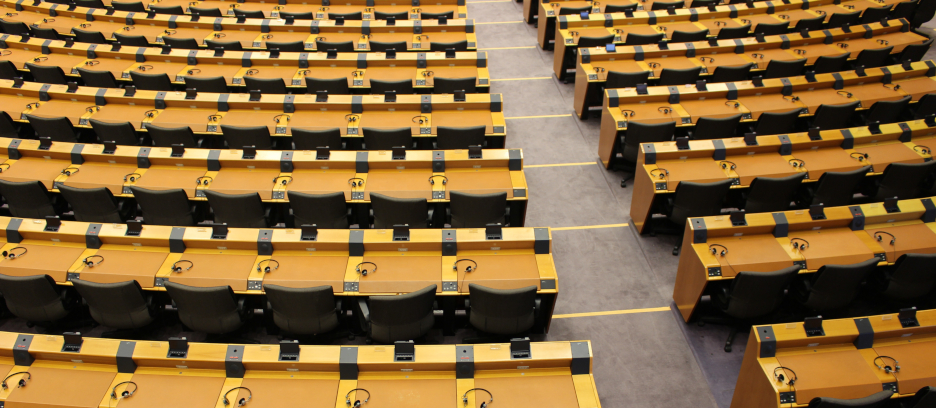Europe’s Fear of the Electorate
Translation of Book Chapter from „Europe between Populists and Bureaucrats“ by Goethe Institute, Project Freiraum, 2019.
By Niklaus Nuspliger

The history of relations between Switzerland and the EU can be told as a tale of misunderstandings. After the Swiss voted „no“ to accession to the European Economic Area (EEA) in 1992, the EU agreed to sectoral agreements on the assumption that Switzerland would join the Union later. Switzerland calls this relationship to Brussels bilateral, while the EU points out that Switzerland’s cooperation agreements and its participation in the internal market make it a party to a multilateral project – so it should follow the rules accordingly.
Another cause of misunderstandings is the difference in the way they view referendums. In the autumn of 2018, when Alain Berset, the Swiss president at the time, spoke in Brussels about the negotiations on a framework agreement, he stressed that, in a direct democracy, the government cannot simply conclude treaties that are liable to be rejected by the electorate. The EU has little patience with this argument because any country can always claim it is hindered by some domestic policy considerations.
Over the years, moreover, Brussels has grown increasingly sceptical about direct democracy, seeing as member states’ referendums on European policy have rarely turned out favourably for the EU. Former British Prime Minister Margaret Thatcher was anything but an ardent European, and yet her remark that referendums are a „device of dictators and demagogues“ would be well received in Brussels today. The Swiss, on the other hand, regard direct democracy as the best, if not the only true, form of democracy, and other European countries as, at best, second-rate democracies. This opinion was borne out, they felt, as they watched various European countries experiment with referendums in recent years as a means of countering the democratic recession.
But such experiments in direct democracy also raise some questions I would like to address in the following. Is it possible to transplant elements of direct democracy in a representative system just like that? Are national referendums suitable tools for use in international relations? Do referendums make a country more democratic per se? And why does the Swiss brand of direct democracy find its most fervent advocates in right-wing nationalist circles?
Link to the full book chapter in English.